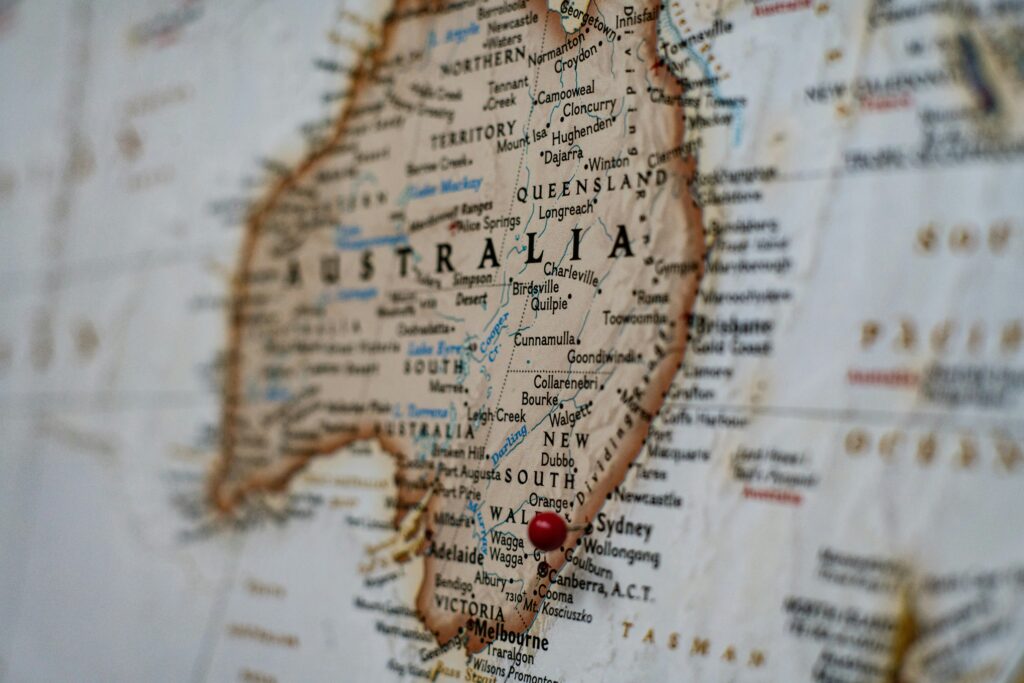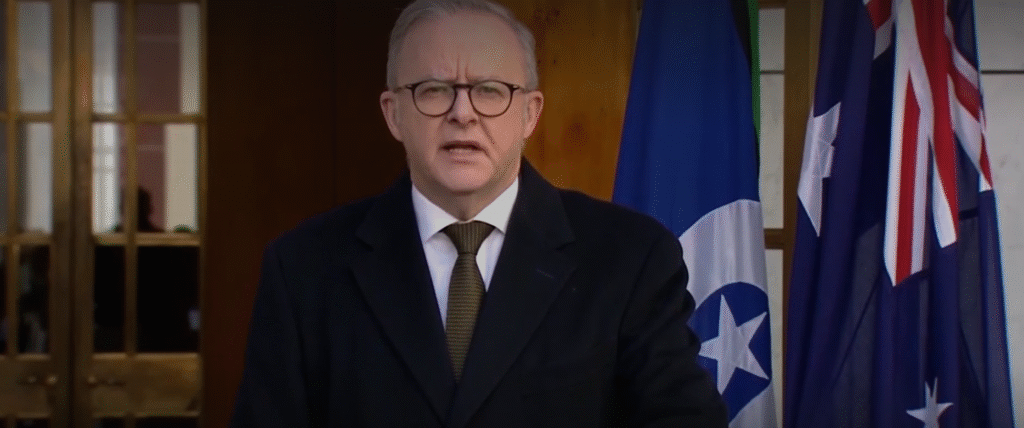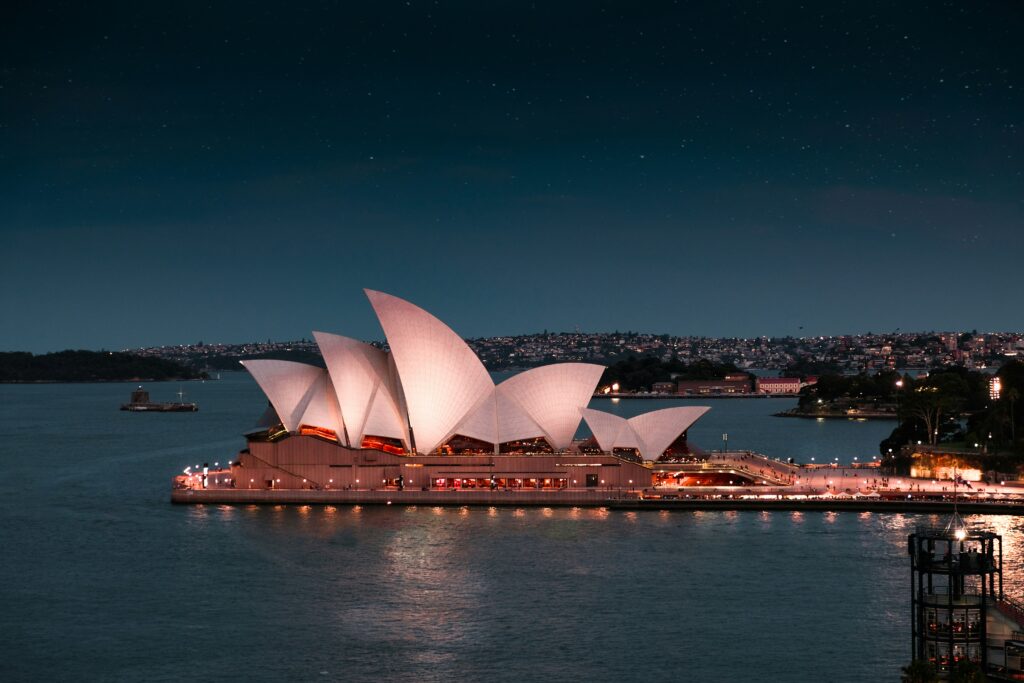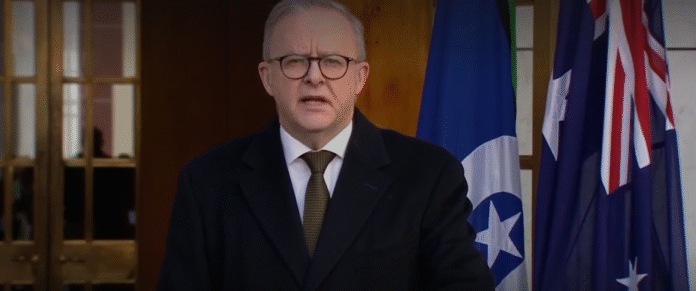Australia Recognise Palestinian State in Historic UN September Decision
Australia recognise Palestinian state at the upcoming UN General Assembly in September, joining a growing list of countries supporting a two-state solution. Prime Minister Anthony Albanese confirmed the move, calling it a “critical step toward lasting peace” in the Middle East.

Why Australia Recognise Palestinian State Now
Prime Minister Anthony Albanese said Australia received formal commitments from the Palestinian Authority (PA) to demilitarise, hold democratic elections, and maintain recognition of Israel’s right to exist.
He stressed that “a two-state solution is humanity’s best hope to break the cycle of violence in the Middle East and end the suffering in Gaza.”

The announcement comes as Israel faces growing international calls to halt its military campaign in Gaza. The Hamas-run health ministry reports that starvation and malnutrition have killed 217 people since Saturday, bringing the total death toll from the conflict to over 61,000 since 2023.
Commitments from the Palestinian Authority
The Palestinian Authority, which administers parts of the Israeli-occupied West Bank, views recognition as a powerful signal of growing international support for Palestinian self-determination.
Palestinian Authority President Mahmoud Abbas gave assurances to Australia that Hamas will play no role in any future state.

Australia’s recognition follows discussions with leaders from the UK, France, New Zealand, and Japan in recent weeks. It also mirrors recent moves by Spain, Ireland, and Norway, who believe recognition could revive stalled peace talks between Israel and the Palestinians.
Related Reading: UN’s Role in Middle East Peace Efforts
Mixed Global Reactions to the Decision
Israel strongly opposes the recognition, claiming it “rewards terrorism.” Prime Minister Benjamin Netanyahu criticised Australia and several European countries for supporting the move, calling it “shameful.”
The United States has also rejected recognition for now, saying a functioning Palestinian government is needed first. US Vice-President JD Vance reaffirmed that Washington prefers direct negotiations over unilateral recognition.
Meanwhile, public sentiment in Australia shows visible support. Tens of thousands joined a pro-Palestinian march across the Sydney Harbour Bridge last weekend after a court ruling allowed the protest to proceed.
The Bigger Picture
Currently, 147 of the UN’s 193 member states recognise Palestine as a state. At the UN, Palestine has “permanent observer state” status, which allows participation but no voting rights.
Australia’s decision signals a stronger diplomatic push to resolve one of the world’s most entrenched conflicts.
Albanese said there is a “moment of opportunity” and pledged to work with international partners to seize it. Whether this move leads to lasting peace remains uncertain, but it marks a notable shift in Australia’s foreign policy stance.
Related Wil-News Coverage: Middle East Conflict Updates

